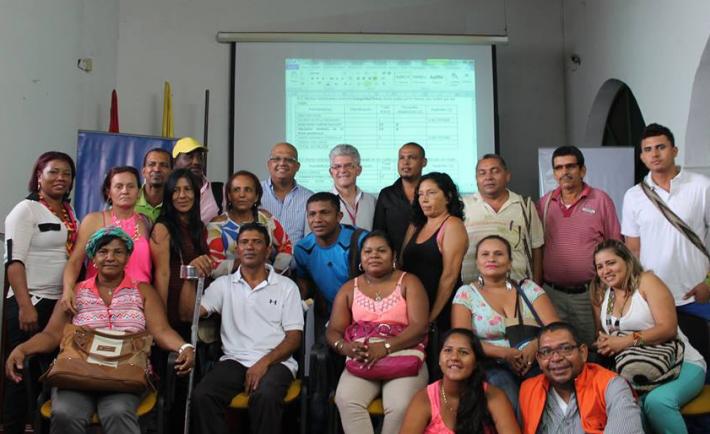One person is forced to flee their home every second according to the International Displacement Monitoring Center. The current estimated number of refugees and internally displaced people (IDPs) around the world is 65.3 million, a number equivalent to the total population of the United Kingdom. These numbers show that new and protracted crises are driving people from their homes at an alarming rate.
Humanitarian systems devote huge efforts to ease refugees’ suffering, specially focused on providing basic needs like food and shelter. Though these interventions are crucial, political participation for refugees and IDPs is also important and can be the first step to finding viable long-term solutions for their plight. People who flee their homes may leave all their possessions behind, but they retain their aspirations and should be able to influence decisions that affect their lives. Thus political participation must be a core issue when addressing the needs of refugees and IDPs.
The vulnerability of displaced people can be easily exploited by violent groups who take advantage of their grievances and feelings of marginalization. This exacerbates existing conflicts and creates new ones. Enabling displaced people to participate in the political process can help prevent this by equipping them with the societal trust and skills they need to claim their rights and call for solutions. In other words, having a political voice allows them to be productive and well-integrated in their host communities.
People who flee their homes may leave all their possessions behind, but they retain their aspirations and should be able to influence decisions that affect their lives.
Giving refugees and IDPs a political voice is just the first step because some lack the political knowledge or resources to effectively communicate their concerns to government. In Colombia, for example, NDI works with IDPs as part of municipal Victims Participation Roundtables (VPRs). VPRs provide a mechanism for victims of Colombia’s armed conflict to have a voice in peacebuilding and reconciliation processes by contributing to public policies regarding the issues that impact them, such as reparations and land rights. In Mali, NDI partnered with the Peace and Security Network in the Economic Community of West African States -- a national women’s organization -- to train and support women to lead reconciliation activities between ethnic groups, prioritizing communities with large numbers of returning IDPs. These activities helped reduce tensions and repair trust between existing community members and returnees. And in Jordan, NDI brings together Syrian refugees and Jordanians for dialogue and collective civic action to jointly address community problems.
Political participation is an important tool to stop people from being displaced in the first place and improve the social cohesion of people who have already been displaced. It provides refugees and IDPs with an avenue for empowerment and stability. Political participation can also contribute to conflict stabilization and effective reconciliation processes, especially when the conflict’s root cause is political marginalization.

